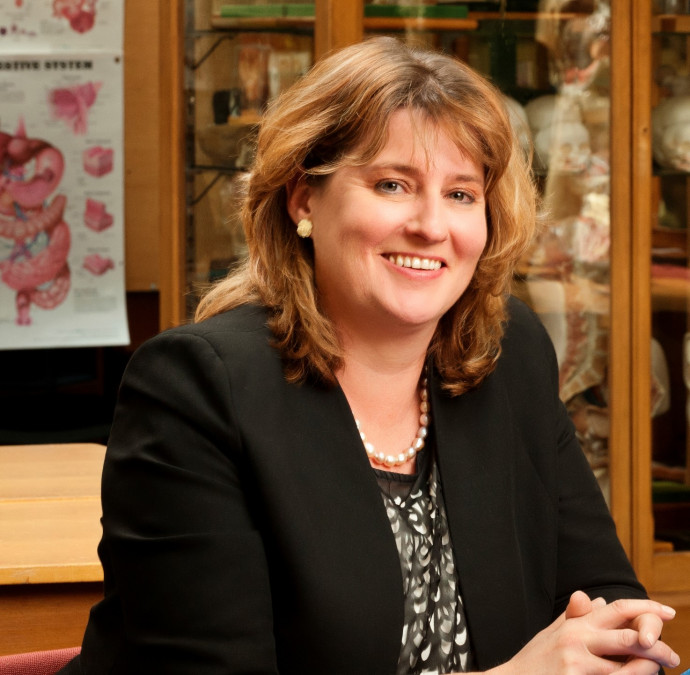Hallie Buckley

2019: Professor Hallie Buckley of the University of Otago has been awarded a James Cook Research Fellowship for research titled ‘Lost lives, forgotten voices: Rediscovering the microhistories of 19th century miners and settlers through bioarchaeology’
In the mid-to-late nineteenth century, waves of European and Chinese immigrants travelled to Aotearoa New Zealand in search of new opportunities and wealth from gold prospecting and mining. Many of these immigrants settled here, establishing town centres, industry and farming, and adapting to their new biological and cultural environments. While there is a good deal of existing research on goldfields history that documents the hardships of mining life, these historical sources are often silent on the lived experiences of everyday people, including women, children, the sick, and the disenfranchised.

Beginning work finding lost graves at St John’s Milton Otago 2016. Photo: Hallie Buckley
Archaeology is sometimes the only remaining avenue for research on ordinary people whose experiences weren’t documented at the time. It is challenging to bring to light these experiences because individual voices and agency are difficult to determine using archaeological methods alone. This research programme focuses on bioarchaeology research, or the analysis of human skeletal remains from archaeological contexts. In particular, the research will involve constructing osteobiographies of individuals to tell their stories. This involves examining the person from archaeologically preserved tissues, usually the skeleton. From this, we can determine the injuries and illnesses the person suffered during their life, as well as learn what kinds of care they received. An example of an osteobiography is the story of the recovery of the grave and skeleton of King Richard III and the retelling of his life course from his bones.
Professor Buckley will use this method to tell the stories of everyday people who built the foundations of New Zealand’s colonial society. The focus of this programme is early colonial mining and pastoral settlements in Otago. Using microhistories, she will examine historical events viewed through the prism of a single community or an individual within that community. She will use her findings to write an accessible book that will provide an account of what life was like for ordinary miners and settlers in nineteenth century Aotearoa.
